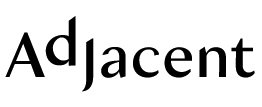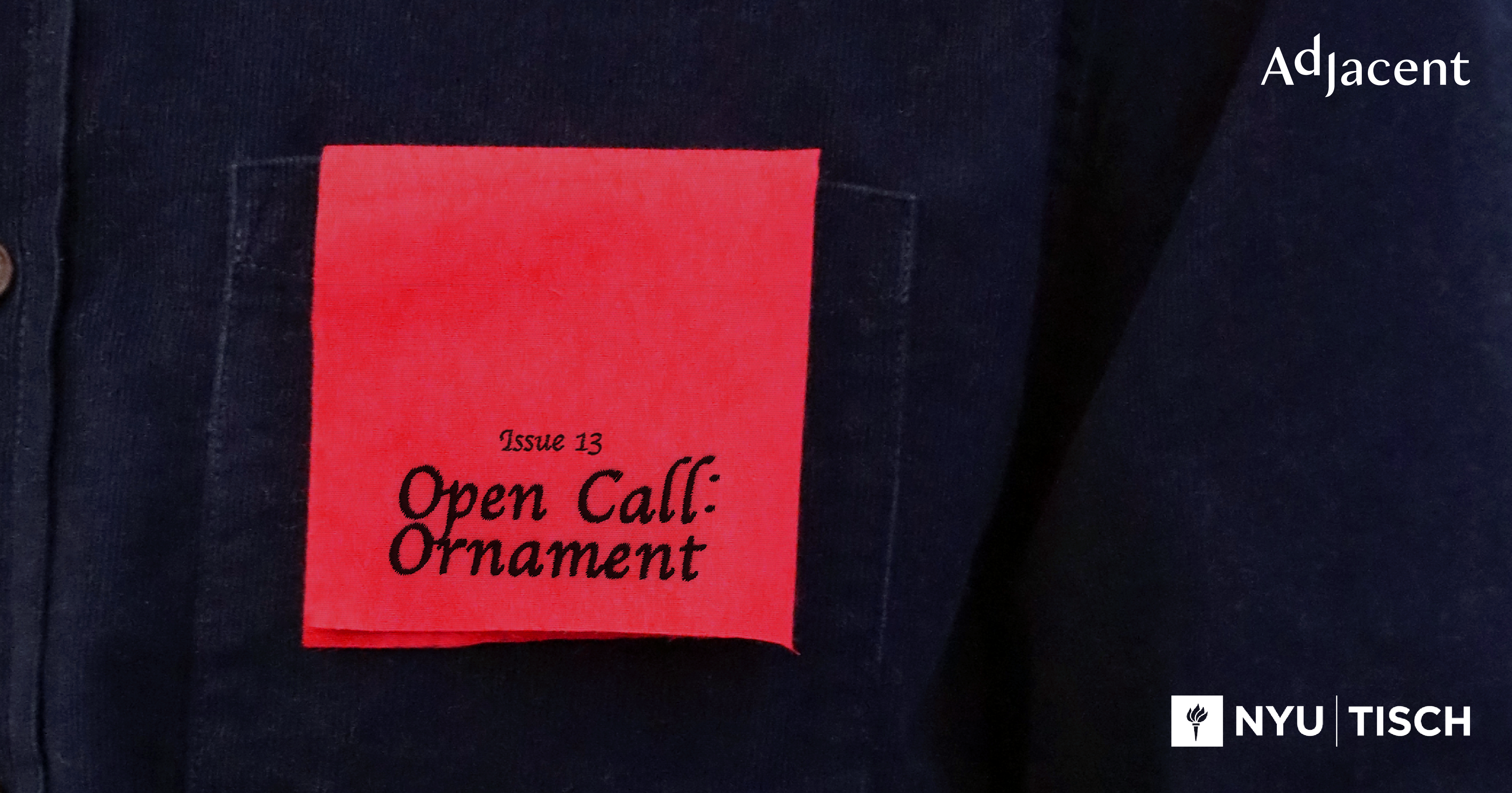
Issue 13: Ornament
Ornament exists where purpose becomes uncertain. It is decoration, embellishment, excess: the supposedly superfluous made essential. An ornament might be a carved detail on a building no one looks up to see, a ritual object whose power lies in its presence rather than its use, or a subtle marker of belonging that speaks only to those who know its language.
For our 13th issue, we explore ornament as both object and gesture. What makes something "merely" decorative, and who decides? How do ornaments encode identity, status, and belief systems in ways that feel invisible until suddenly, unmistakably, seen? We're interested in the algorithms that ornament our digital lives and the objects we place on altars, in fashion as social hieroglyph, and the strange beauty of things that serve no purpose but to exist. We seek works that examine what we choose to adorn, what adorns us, and why the "unnecessary" might actually be necessary.
We invite contributions in many formats: from essays, reviews, interviews, fictional narratives and poems to browser-compatible multimedia such as video essays, visual narratives, audio compositions, and interactive web experiences.
Submissions to open call now closed.

Issue 12: Becoming
Becoming is an act of transition—a state of flux, discovery, and reimagination. It is shaped not by singular moments, but catalyzed through a constellation of conditions—material, relational, historical. Change emerges through accumulation, through tension, through rupture. In a time of accelerating technological, ecological, and cultural transformation, becoming resists linearity. It unfolds through porous boundaries—between body and system, memory and machine, self and collective. To become is not only to change, but to reconstitute the conditions of being. Adjacent 12: Becoming is a reflection of transformation as continual emergence—partial, porous, and entangled across systems, selves, and worlds.
Credits
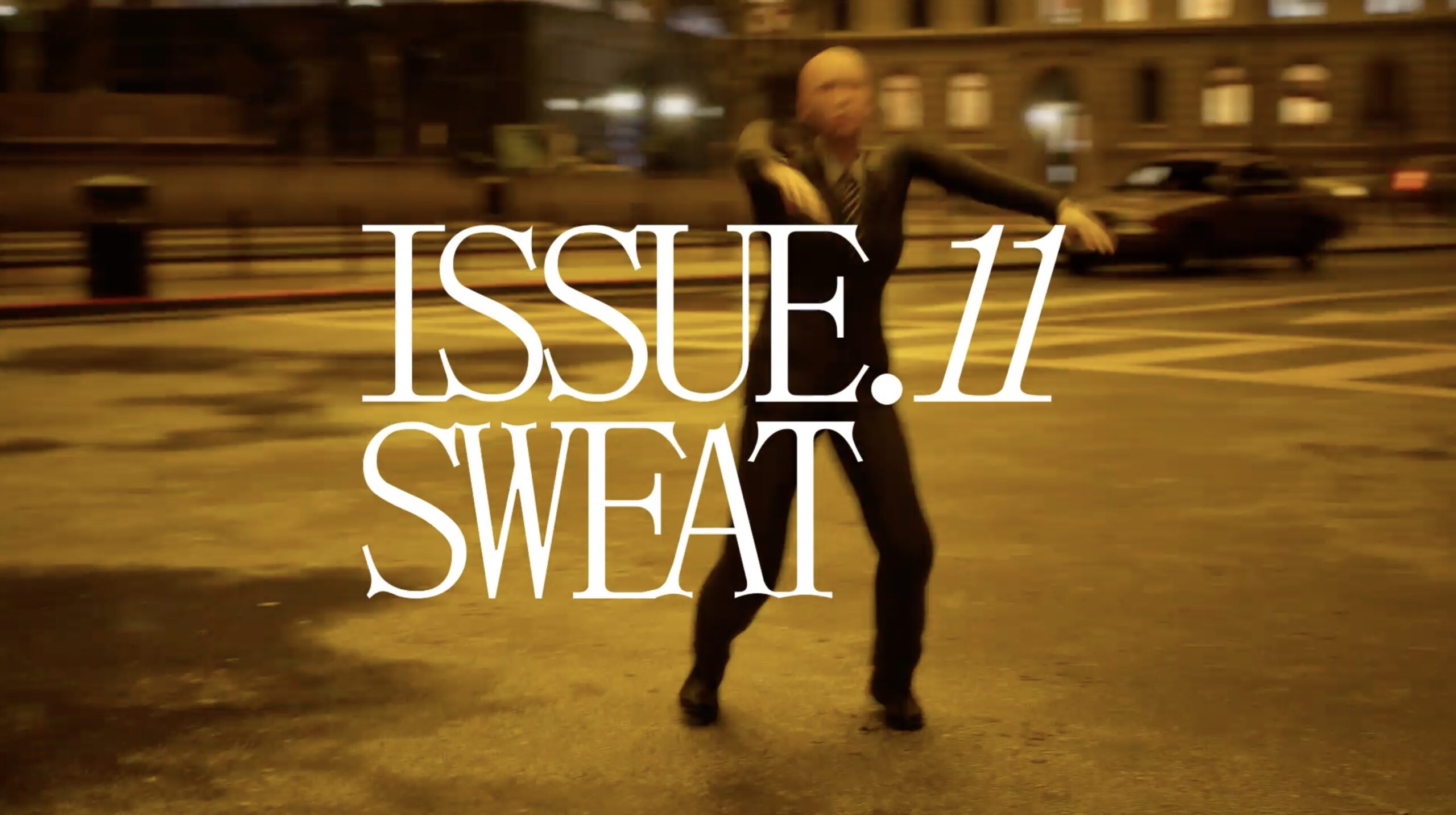
Issue 11: Sweat
Late-stage capitalism has alienated, abstracted, and complicated what labor looks like. We barely even recognize when we’re performing labor anymore. As we thumb-stroke the “free” hours of the day away, we may not be perspiring, but we are slowly amassing value for the given platform. What do we call the creation of value, if not work? We once knew sweat as the primary by-product of exertion. Today, our exertion takes many forms, not all of which are evidenced so texturally or odorously, but all of which are implicated in some way with capital production. Adjacent 11: Sweat is an accentuation of our shifting labor conditions under technofascism and capitalism, however immaterial they may seem.
Credits
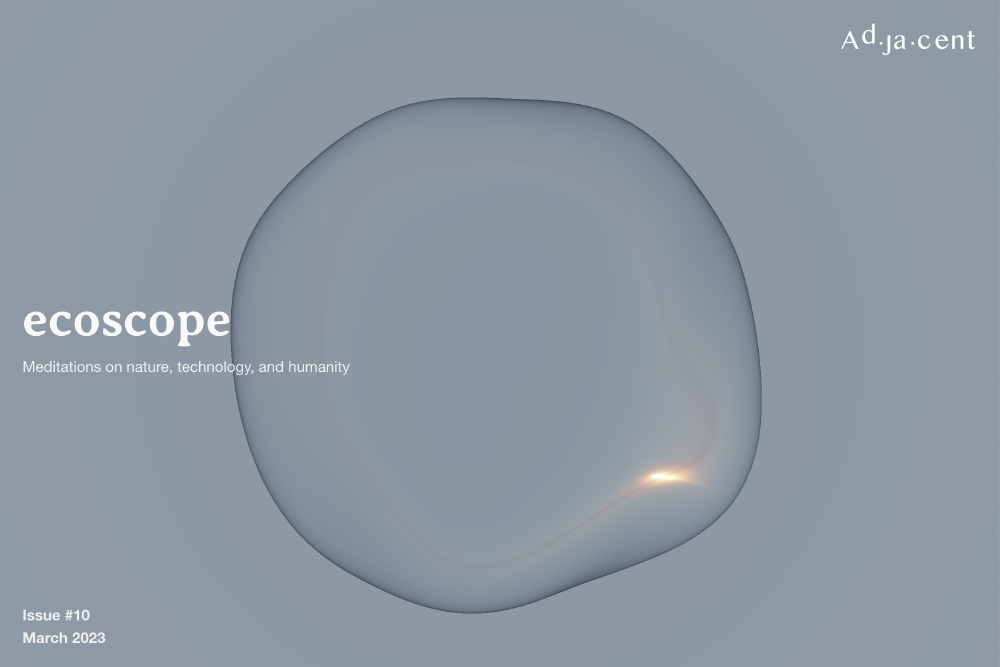
Issue 10: Ecoscope
What lives at the intersection of nature, humanity, and technology? Some might say everything. ‘Ecoscope’ is meant to be a lens for our theme, covering ecologies, ecosystems, economies, and more. This issue explores the fine line between nature and technology, and their intimate relationship with humanity. Each essay takes a close look at one very small piece of this everything-verse we are intimately wedged in, like a scope. The range in topics exhibits the breadth of this tripartite intersection: interspecies art-making, microbial archiving, snails, camouflage, keyboards, nesting, bugs, the notes app, and collective joy. In other words, everything.
Credits

Issue 9: Rituals
The word ritual often conjures spiritual, religious, or occult context – such as witchcraft , ceremonies, sacraments. Today it also applies to the more mundane: any established or repetitive behavior, usually with some functional purpose. We all have our own unique approach to ritual. Our latest issue draws attention to the activities that structure and give meaning to our lives, celebrating their diversity and nuances (and sometimes their absurdity). From making offerings to the full moon once a month to repairing old kiddie rides, we invite you to explore our contributors’ takes on this perennial theme of being human.
Credits
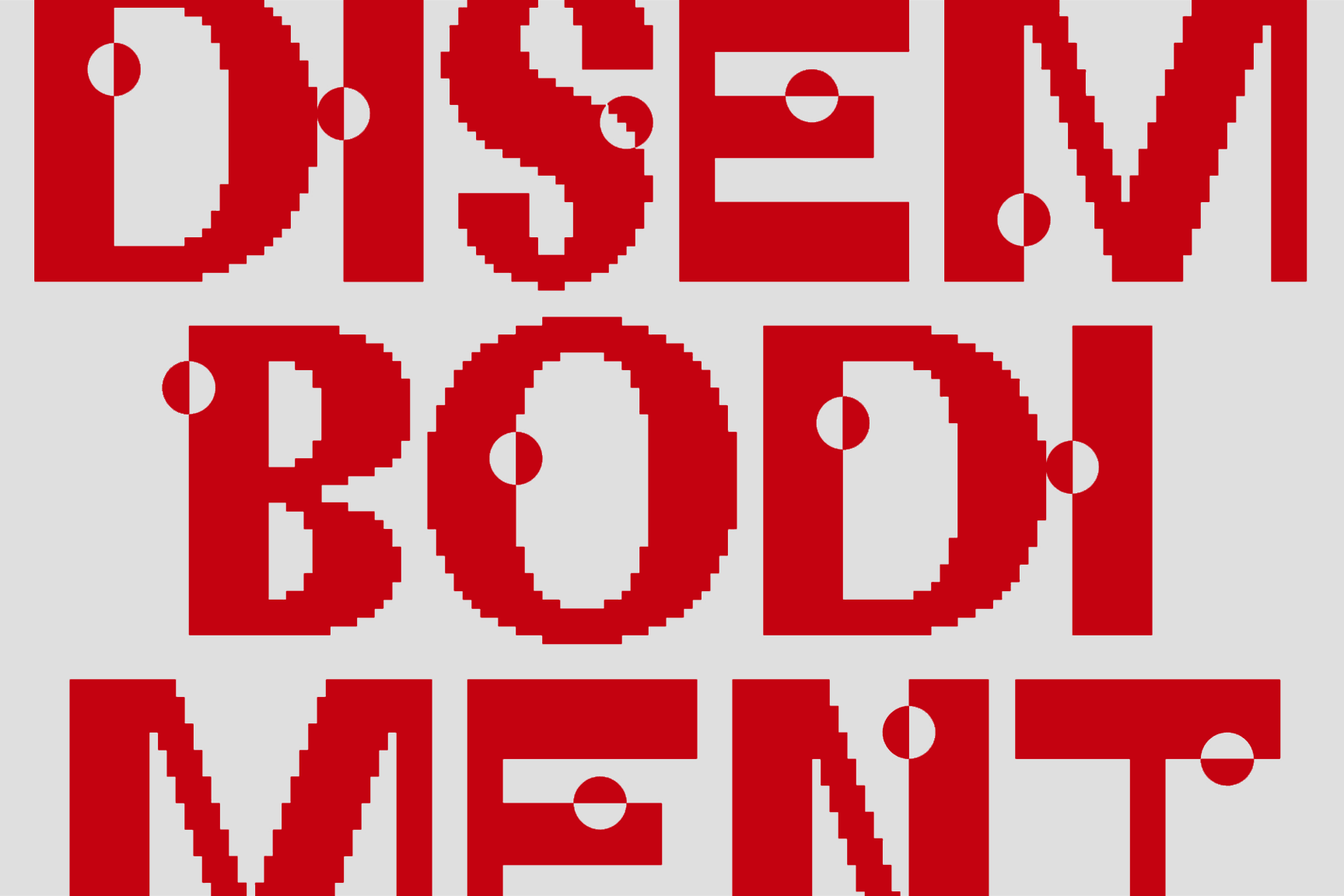
Issue 8: Disembodiment
Reflections on digital life after death. Healing our relationship with Artificial Intelligence with chaotic eroticism. Interpretations of time, collective selves, routine, and sociocultural metaphors. This is disembodiment.
Credits
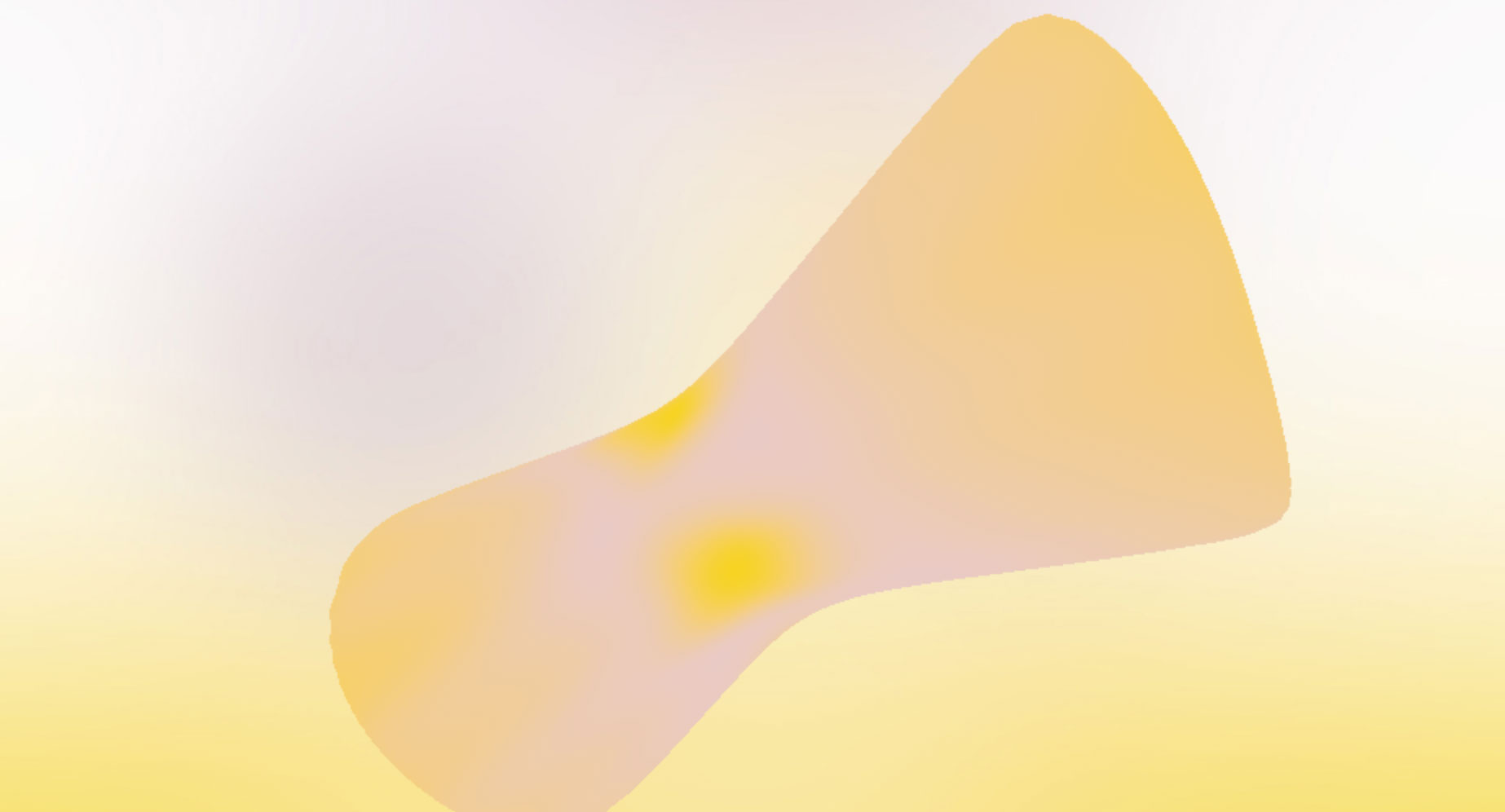
Issue 7: Feeling
What is a feeling and where can I find it? Is it cute and squishy like a blob? Does it live alone or with other feeling[s]? Does it have a pet? Is it under lockdown? Does it wear a mask? Should I socially distance from it?
Credits

Issue 6: Old / New / Next
Is Hong Kong’s decentralized resistance forming a new national identity? What does predicting the future have in common with colonialism? Are there dreams for the future that aren’t nightmares? Launched amid ITP’s 40th anniversary, this issue uses the milestone as an opportunity to look back on the past 40 years of media and technology and reflect on where we’ve been and where we are going.
Credits

Issue 5: Reality?
We question what is real, live in a simulation, say goodbye to holograms, and become all we can be, virtually. Radiolab’s Robert Krulwich presents how sound triggers an avalanche of possibilities. An interview with bio-hacker Heather Dewey-Hagborg. Autonomous writing agent lengua partida composes an epic poem for our age celebrating the beauty of computational theory, while lamenting the world, on the brink of collapse.
Credits
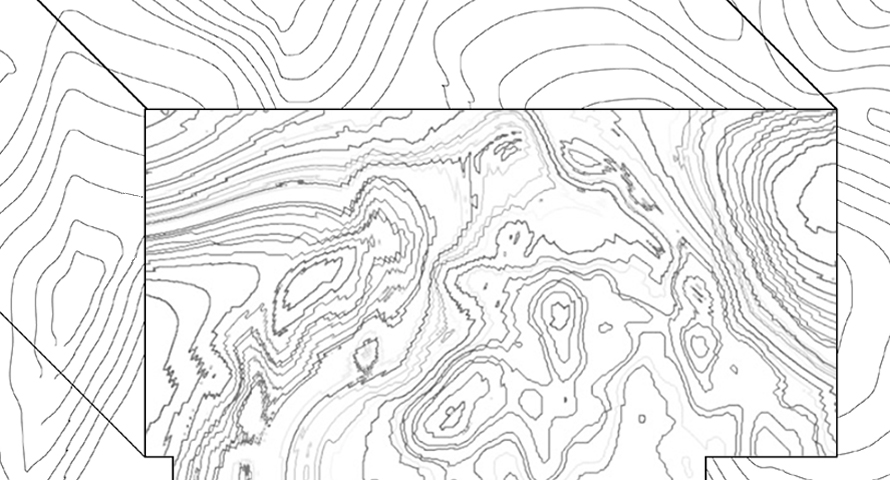
Issue 4: Bodies and Borders
This issue is the first with a theme: |THēm| A body that is fixed yet fluid. A border that asks to be pushed against. An axis, an outline, an invitation. A deep dive into the 30 years of feminist technoscience resonating from Donna Haraway’s seminal essay, A Cyborg Manifesto. A series of interactive maps presents a postcolonial cartographic history of India. A call to evaluate a global system in which categories of identity are increasingly hard-coded in menus and checklists.
Credits
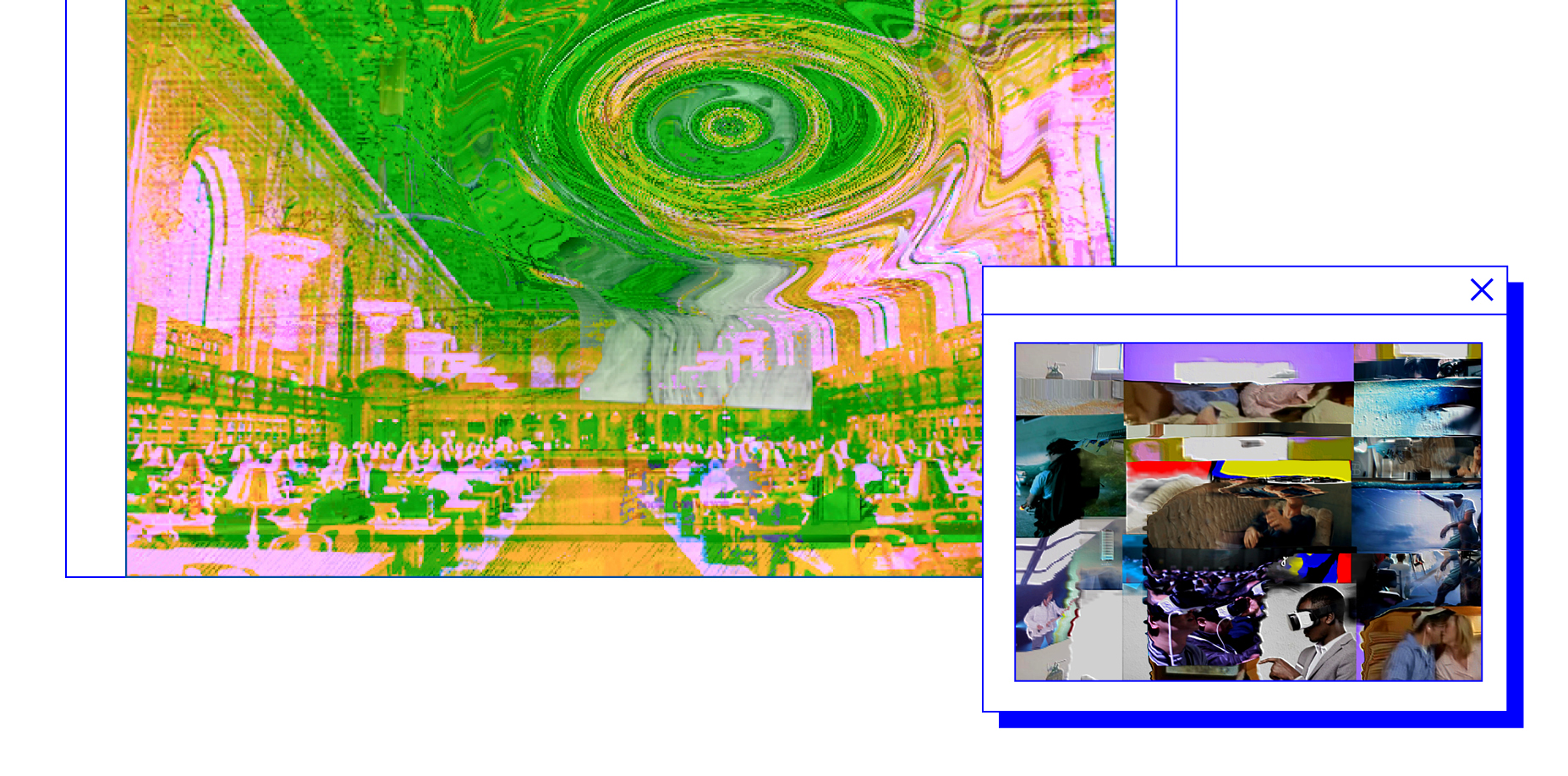
Issue 3
Ari Melenciano describes creating Afrotectopia and the need to provoke systemic change. ITP’s ML5 team, led by Daniel Shiffman, launches the beta version of ml5.js, a tool for making machine learning accessible to beginners, and Lauren McCarthy, founder of p5.js, throws a party run by AI.
Credits

Issue 2
What happens when computer vision alters factual transparency? How can tech-enabled apophenia, the tendency to see relationships where there are none, perform as a dance choreographer? Issue 2 considers the puzzling ways things connect, even if subject pieces seem dislocated, disparate, or even divisive.
Credits

Issue 1
Surya Mattu compares Facebook’s racially-biased algorithms to the highway that destroyed the historic Rondo neighborhood in Saint Paul, Minnesota. Alex Kauffmann details what’s wrong with today’s most hyped hyped media sensation—Virtual Reality. The inaugural issue of Adjacent demonstrates what an accessible journal dedicated to emerging interactive media, first-ever in academia, could look like.
